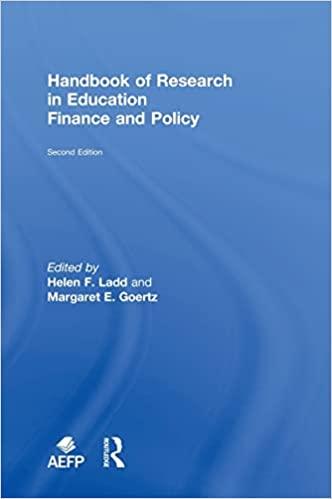Answered step by step
Verified Expert Solution
Question
1 Approved Answer
Q5) The Nelson-Siegel (NS) zero-coupon yield curve has got the following parametric assumptions y(t)=1+2((t1et/))+3((t1et/)et/)=1+(2+3)((t1et/))3et/ Where 1,2,3, and are the parameters. Below are the parameters for

Step by Step Solution
There are 3 Steps involved in it
Step: 1

Get Instant Access to Expert-Tailored Solutions
See step-by-step solutions with expert insights and AI powered tools for academic success
Step: 2

Step: 3

Ace Your Homework with AI
Get the answers you need in no time with our AI-driven, step-by-step assistance
Get Started


